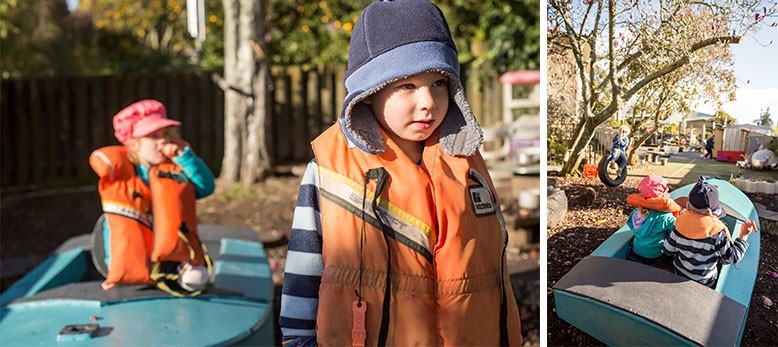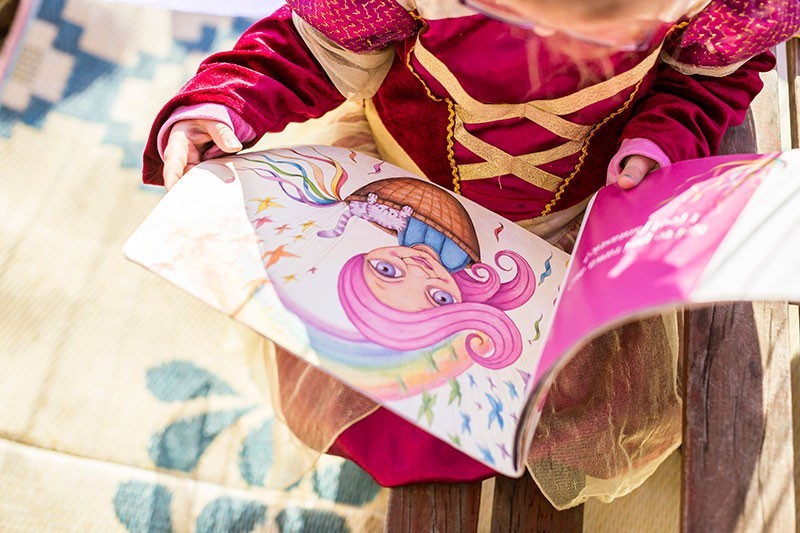FIRST CLASS CARE AND EDUCATION
Our Learning Programme
OUR PROGRAMME IS BASED ON AN EMERGENT TE WHĀRIKI CURRICULUM.
We provide a balanced programme with a combination of routine and flexibility, teacher-directed and child-initiated play and projects. Our skilled teachers ensure learning moments are seen as fun and seamlessly interweave these through your child’s day.
Te Whāriki is the Ministry of Education early childhood education curriculum, which focuses on the holistic way in which children learn. It is founded on the following aspirations for children:
“to grow up as competent and confident learners and communicators, healthy in mind, body, and spirit, secure in their sense of belonging and in the knowledge that they make a valued contribution to society.”

WE DOCUMENT YOUR CHILD’S LEARNING IN PERSONALISED LEARNING STORIES
Learning Stories are the main form of assessment that we use to document children’s learning here at First Class Care and Education.
This approach to assessment was developed from extensive research carried out by Professor Margaret Carr from Waikato University on learning narratives. Learning stories are used widely throughout early childhood centres in New Zealand and the Ministry of Education endorses this method of assessment.
The Learning Stories process is also closely linked to the New Zealand early childhood curriculum document, Te Whāriki.
As teachers we notice what children are doing and recognize the learning that is happening for the child as they do these things. While not all the learning we recognize will be documented, some of it will.

A Learning Story is a story about a child’s learning.
Learning Stories are written on a credit-based model, where the focus is on what children ‘can do’ rather than what the children ‘can’t do’. As Learning Stories are written, the strengths and interests of the child become even more evident.
There are usually three parts to a learning story.
- The actual story about the child’s learning.
- An analysis that highlights the learning that is happening for the child.
- What next? The opportunities and possibilities for the child to develop their strengths and interests further.
Learning stories can have multiple perspectives:
- The teacher’s voice
- The child’s voice
- The parent’s/whānau’s voice
When analyzing what learning is happening for the children, we consider each child’s physical, emotional, cognitive and spiritual development. We place a large focus on the child’s learning dispositions.
We are interested in noting and recording positive examples of your child:
- Taking an interest
- Being involved
- Persisting with difficulty
- Expressing an idea or a feeling
- Taking responsibility
Your child’s Learning Stories will be collated into a personalised portfolio booklet, which we encourage you to look at with your child on a regular basis. Children love sharing what they have learnt with you and your involvement and conversation about the Learning Stories deepens the learning experience for your child.
FIRST CLASS EDUCATION AND CARE, ERO REPORT 2015
Relationships between teachers and children are respectful and responsive to children’s need for education and care. Teachers have well-developed strategies to ensure daily care routines are used to promote meaningful learning.
First Class Education and Care
The programme for babies and toddlers is based on nurturing and responsive interactions, sensitively managed care routines, and ongoing communication with these young children.
First Class Education and Care
There are many opportunities for children to be creative, which are supported by teachers and used in a highly effective way to promote children’s success and development.
FIRST CLASS EDUCATION AND CARE
The care we receive, as a family is very personalised. We are not just a ‘number’ but are treated as part of the family. My girls are always excited to go and we have tears when it’s not a kindy day!
Emma
I just love the way each child’s journey is cherished, respected and nurtured. Teachers are always available to talk through any concerns a parent has whilst taking the time to ensure the children’s little voices are heard as well.
Trisha
WHY CHOOSE FIRST CLASS CARE AND EDUCATION?




















